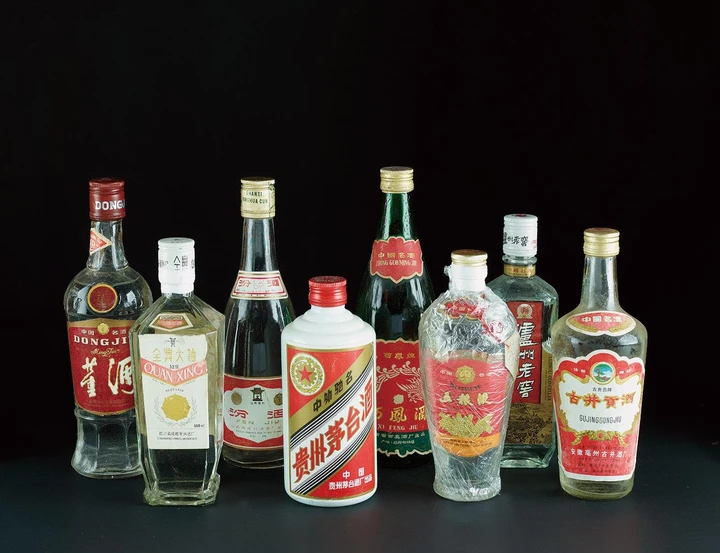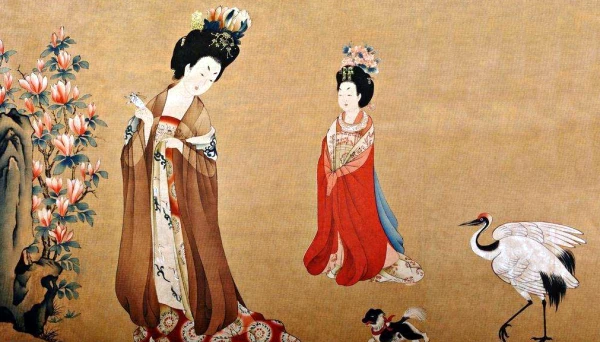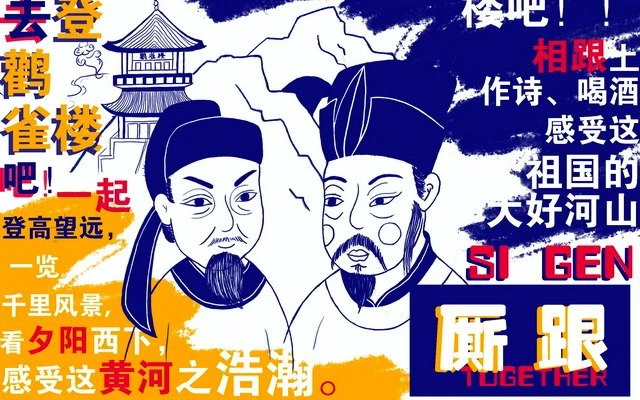Ten lucky events in Chinese history
China has a long history of thousands of years, and many historical events are a major turning point. When we look back on history, history will bring you a lot of feelings, it may make you feel regretful, it may also feel sad, and it may also make you feel lucky. If the trajectory of fate is slightly deviated, the consequences may be disastrous.
1. Qin Shi Huang unified China (the origin of the vast territory)
The reason why China can be unified as a great country is because since Qin Shihuang unified China, the Chinese nation has truly become a family, destroyed the six kingdoms and unified China, and ended the 500-year-old situation of long-term separatism and melee. The centralized system of absolute monarchy, unified writing, currency, weights and measures, etc. Since then, China has always regarded "unification" as its basic national policy, and the concept of "Huaxia family" has been deeply ingrained and has continued to influence to this day.
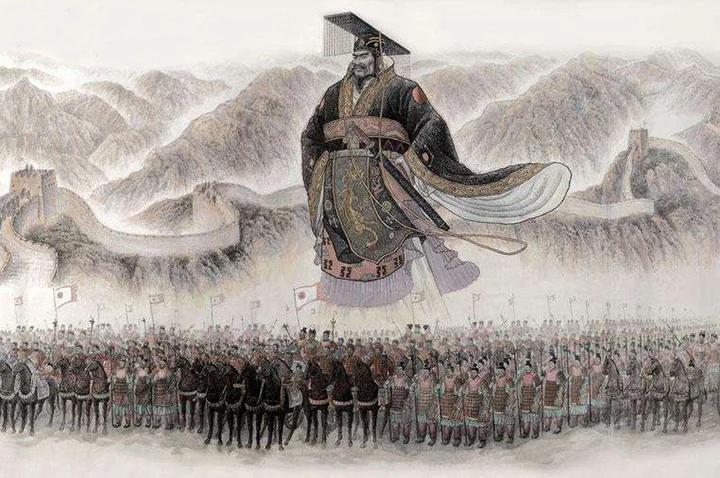
2. The Huns had no ambition to dominate the Central Plains
At the beginning of the Han Dynasty, the Xiongnu in the north had already taken advantage of the development of the war in the Central Plains. Liu Bang, the great ancestor of the Han Dynasty, personally led an army of 300,000 to the north and was besieged in Baidan Mountain. Originally, the Huns could destroy Liu Bang in one fell swoop and unify the Central Plains. But the Huns did not have such ambitions, nor did they have the great ambition to rule the entire Central Plains. They just want to protect their own acre of land. If there are not enough materials in the clan, they will go south to the Central Plains to plunder resources. They just want to treat the Central Plains as their own granary. Otherwise, disasters will be unimaginable. The Han people took the opportunity to recharge their batteries and have an opportunity to stabilize the country.
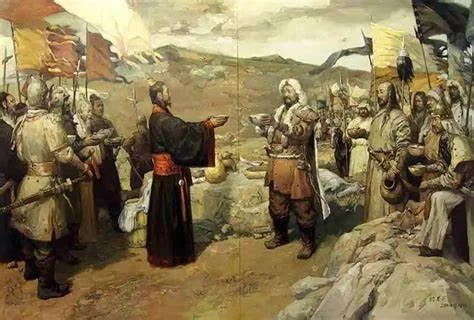
3.The Han Dynasty produced many wise emperors and capable generals
For thousands of years, China's territory has been large and small, but the framework of the territory is almost constant. It is through the joint efforts of the monarchs and people of the Han Dynasty to basically stabilize the territory of our country. will come forth. They made great efforts to govern and developed the whole country into a prosperous state, such as the famous Wenjingzhizhi, the prosperous age of Han and Wu, and so on. In addition, heroic generals and talents were also produced in this era, such as Li Guang, Wei Qing, and Huo Qubing, which stabilized the Han Dynasty and created the "strong Han" and martial spirit. This spirit continued to the Song Dynasty.
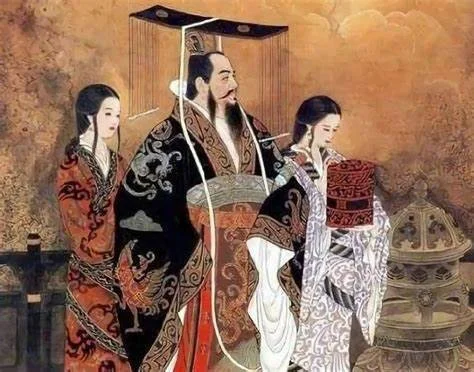
4. Battle of Feishui
Whether Ran Min's "killing Hu Ling" preserved Chinese culture is still up for debate, but the Battle of Feishui was definitely an outstanding contribution to the preservation of Chinese culture. The Eastern Jin defeated the 970,000 troops of the former Qin with only 70,000 troops, which led to the dispersal of the northern ethnic groups that depended on the former Qin, and the collapse of the former Qin. A large number of nomadic peoples in the north, including some white people who are not our traditional ethnic groups. If history is reversed and the winners and losers are reversed, then it is more likely that the people who rule our Han people are the Caucasians, not the descendants of Yan and Huang, and the consequences are unimaginable. The victory of the war enabled the continuation and development of the Han Chinese culture in the south, and prevented the intrusion of the northern minorities to the south.
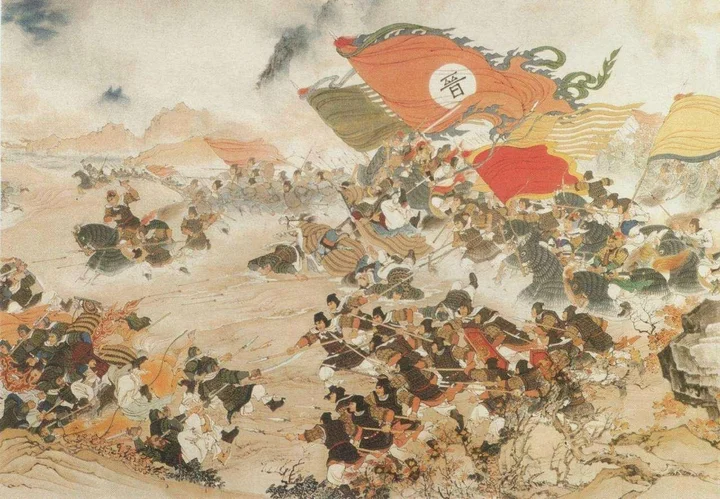
5. Yuan Dynasty unified China
The Yuan Dynasty was a very important dynasty in Chinese history. Its unification ended the long-term political situation of division between the Han and various ethnic minorities, and promoted the development of social politics, economy, and culture; it also promoted the great integration of ethnic groups. Created the provincial system, opened up an unprecedentedly vast territory (for the first time, Tibet was included in the territory), and promoted the development of China's frontier areas. The greatest contribution of the Yuan Dynasty was to make China truly a "unified multi-ethnic country". From then on, "China" was no longer a political power of the Han nationality alone, but was jointly established by the Han nationality and various ethnic minorities, creating a precedent.
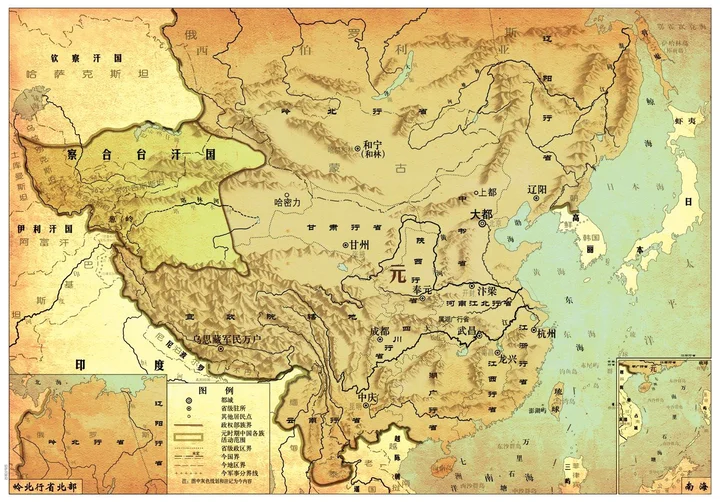
6. Ming Chengzu moved the capital
The Song Dynasty has been troubled by ethnic minorities for a long time because it ceded the "Sixteen Prefectures of Yanyun", and finally the vicious circle led to the subjugation of the country! The rulers of the Ming Dynasty realized the importance of the barrier of the Great Wall in the north. After the Battle of Jingnan, Zhu Di, the ancestor of the Ming Dynasty, moved the capital from Nanjing to Beijing. Since then, the Central Plains Dynasty has never been constrained by the northern nomads. The Song Dynasty has been changed for more than 300 years, and the people of the Central Plains have been able to live and work in peace and contentment. It is a pity that in the later period, they did not want to make progress and slowly put The country is lost.
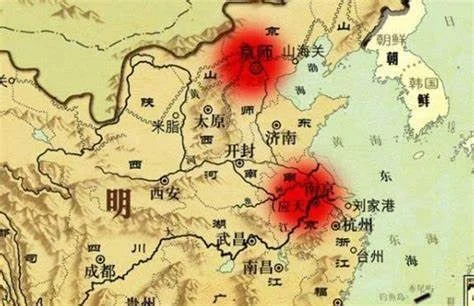
7. The Qing Dynasty expanded its territory, huge population and more than 200 years of ethnic integration
The Qing Dynasty made the greatest contribution to China's territory! Although there are many bad things in the late Qing Dynasty, it is undeniable that it made a contribution to the territory. The dynasties in Chinese history are basically borderless (except for the Yuan Dynasty). With the efforts of the emperor, the version of China's current territory was probably determined in the Qing Dynasty. Moreover, it truly and effectively ruled Tibet, the Western Regions and Taiwan, and completely solved the nomadic frontier troubles that plagued China for 2,000 years! Without the Qing Dynasty, Xinjiang, Qinghai-Tibet, the three northeastern provinces, Inner Mongolia and Antarctica may all be foreign territories. At the end of the Qing Dynasty, more than 400 million people became the most populous country in the world at that time, and today's population is also formed on this basis. A vast territory and a huge population are hard indicators for a country to become a "great country"! The 200-plus years of national integration in the Qing Dynasty made it the first time for all ethnic minorities in the border areas of our country to identify with the Han culture, submit to the central unity, and recognize themselves as "Chinese" in the face of the enemy. Lay the foundation for the formation of the "Chinese nation" in modern times. It laid the foundation of China's territorial map, the fundamental reason why China can maintain a vast territory of 9.6 million in modern times.
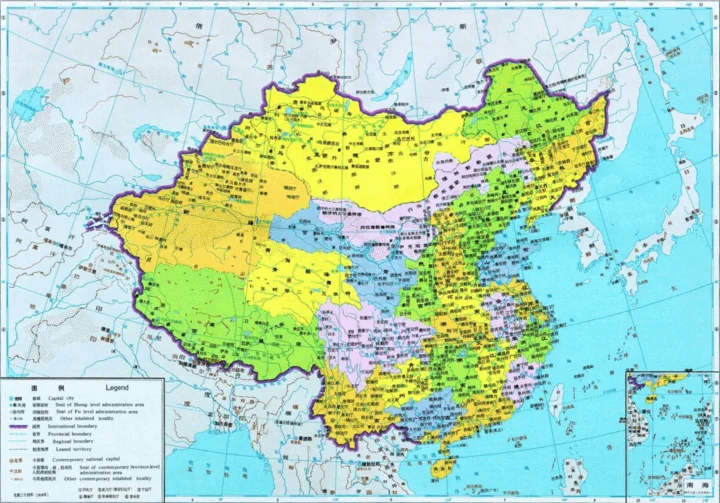
8. Ishihara Kanji's "conspiracy" strategy was not adopted
The planner of the "September 18 Incident" was Ishihara Kaner, a staff officer of the Japanese Kwantung Army. Because he planned the September 18 Incident very successfully, Japan gained the entire Northeast, but at that time Ishihara Kaner was not carried away, he knew The ultimate goal of the Japanese government is to occupy the whole of China, while Ishihara Kanji believes that Japan is now enough and can no longer expand the war. First let the Northeast become independent "Manchukuo", and it will take 50-100 years to slowly "assimilate" the Northeasterners into Japanese (this is how the division of Ryukyu was successful!), China should be gradually encroached on, and should not be " The snake swallows the elephant" to rush for success. This kind of strategic thinking did not get the support of the upper levels of the Japanese military. They were eager to annex the whole of China. Therefore, Japan continued to expand the war, which led to the entire Chinese nation's war of resistance, which made them trapped in the "quagmire" and could not extricate themselves, and eventually led to failure. (Japan now especially regrets not taking Ishihara's tactic, and he himself is called "Japan's No. 1 Soldier" in contemporary times)
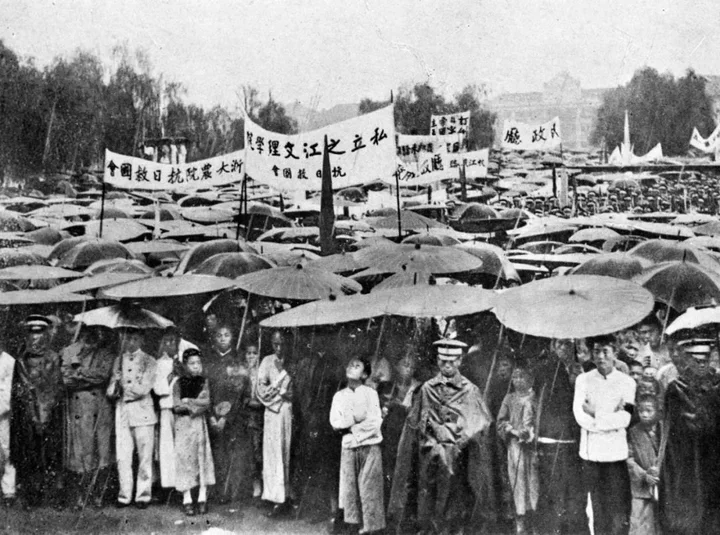
9. "Pearl Harbor" broke out
Japan's attack on Pearl Harbor and the outbreak of the "Pacific War" were the misfortune of the American people, but the indirect impact was China's "lucky". First, Japan's invasion of China did not violate the interests of the British and American countries at first, and compromised with Japan's "appeasement". After Japan involved the United States in the war, the Chinese people no longer fought independently and had strong allies. Second, the United Kingdom and the United States formally ally with China, fighting side by side, inviting China to become the "Big Four" and improving its international status are the keys to China becoming the "Five Permanent Members" of the United Nations. Third, under the joint counter-offensive of China, the United States and the Soviet Union, Japan was quickly defeated and returned all lost ground. Just imagine that if Japan did not "gamble" to challenge the United States, today's Northeast, Taiwan and the mainland may be divided. The consequences are unimaginable, and it is impossible to have a unified and powerful new China in the future.

10. Communist Party of China governs China
Without the Communist Party, There Would Be No New China! In modern times, if there was no Chairman Mao and the Party Central Committee to correctly lead the people to build a new China, China would still be a semi-colonial and semi-feudal society, the people would not be free and happy, and China would not be independent. Without the resistance to US aggression and aid to Korea and the "development of the atomic bomb", China would not have achieved its international status, and foreign invaders would not dare to bully China from now on. Since modern times, without the correct decisions such as "reform and opening up" proposed by the leaders of the Party Central Committee, China's economy will not be prosperous, it will not achieve today's "Shenzhou Spaceship", "Sky Eye" and other remarkable achievements, nor will it become the "second largest economy" system".



